
Book
This Idea Is Brilliant
Lost, Overlooked, and Underappreciated Scientific Concepts Everyone Should Know
Harper Perennial,
2018
more...
THIS IDEA IS BRILLIANT: Lost, Overlooked, and Underappreciated Scientific Concepts Everyone Should Know. Copyright © 2018 by Edge Foundation, Inc. Published by arrangement with Harper Perennial, an imprint of HarperCollins Publishers
ISBN: 9780062698216
Pages: 544
ISBN: 9780062698216
Pages: 544
Read or listen offline
Amazon Kindle
auto-generated audio
1×
Log in to listen to the audio summary.
auto-generated audio
Recommendation
Editor John Brockman’s anthology of science’s most under-appreciated ideas is packed with 205 scientific ideas curated by cutting-edge thinkers and scientists. By necessity, the descriptions are short, but each one will spark your imagination and make you think. This is a treat for science buffs and science fiction aficionados alike.
Summary
About the Author
Editor John Brockman is the publisher of Edge.org, an online science website, and CEO of Brockman Inc., a New York City literary agency.
By the same author
Book
Learners who read this summary also read
Book
Book
Book
Book







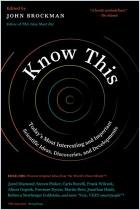
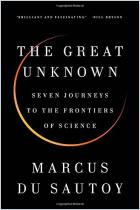
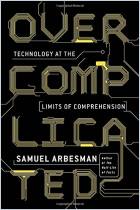
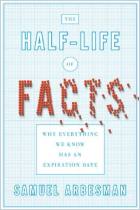
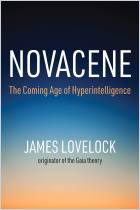

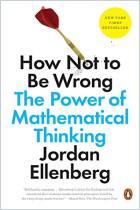

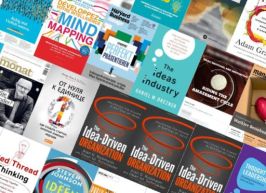





Comment on this summary or Start Discussion